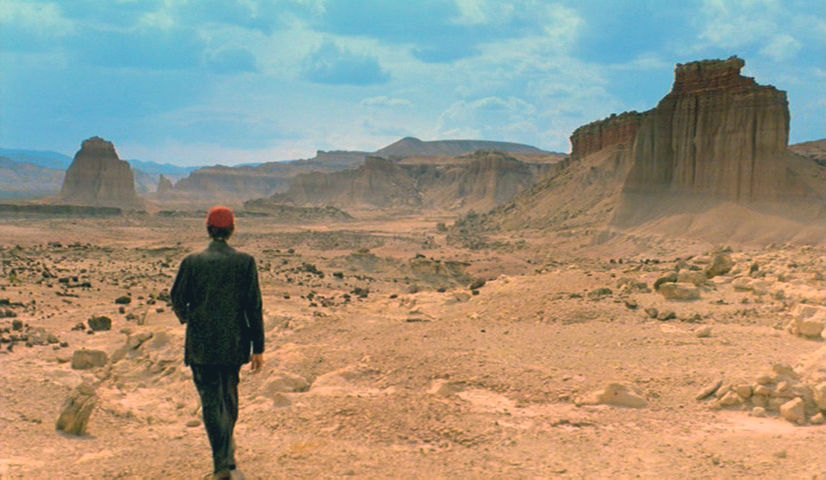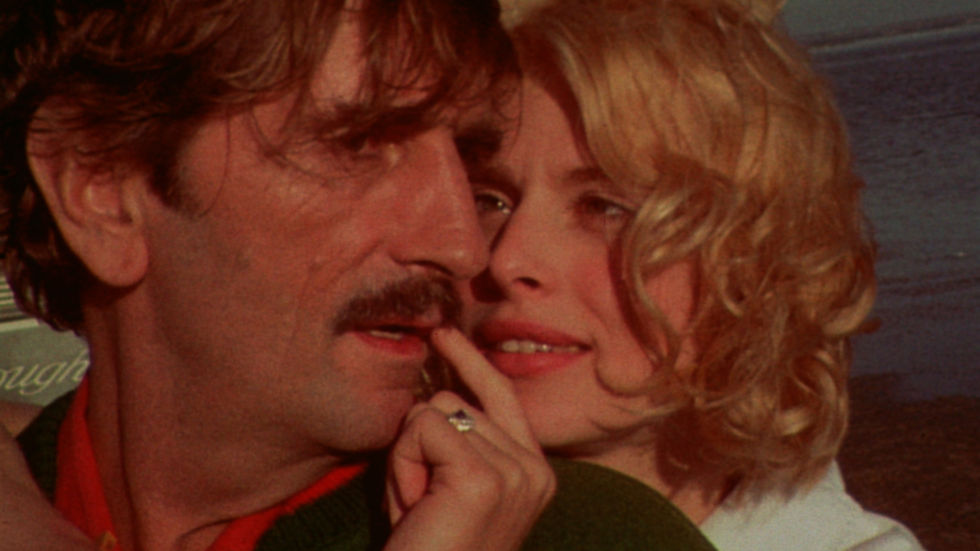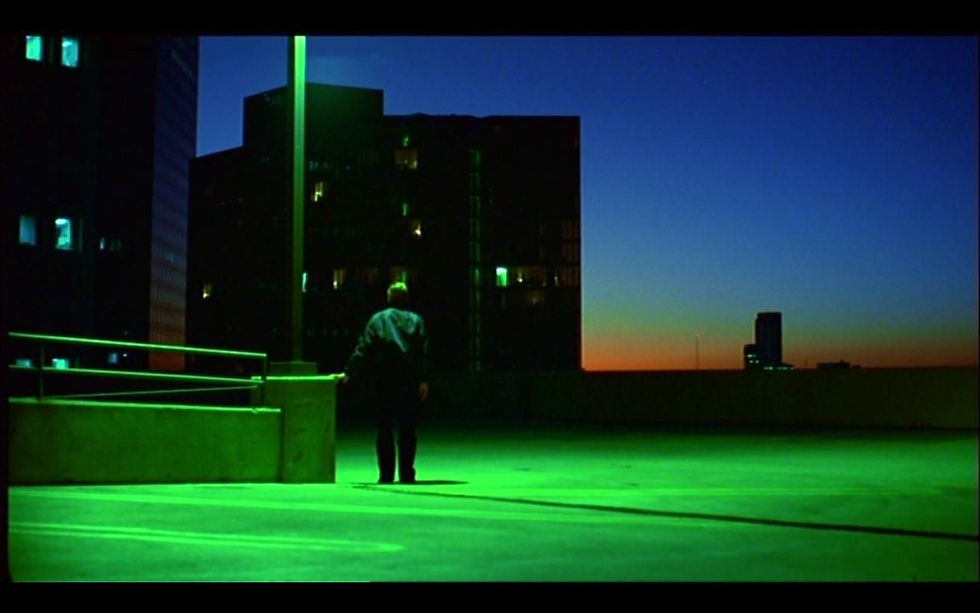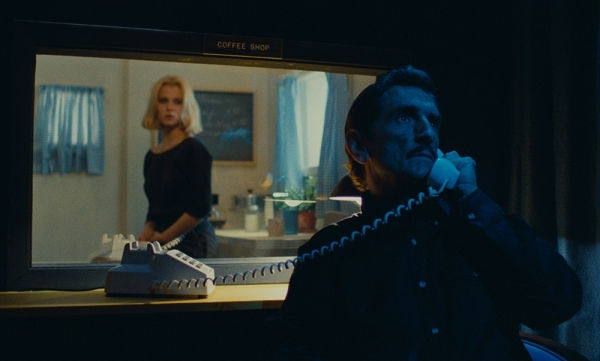Paris Texas - The Anti-Western
- decapvada
- Oct 7, 2024
- 3 min read

(Massive Spoilers)
A man with no memory walks the desert. His clothes are tatty and his walking shoes are broken. He wears a red baseball cap that can be seen from miles away below the clear blue sky, contrasting with the dark orange and yellow desert. He has no voice, no reason. He faints in a bar and is rescued by his brother, Walt.
The stranger’s name is Travis.
The desert is endless, empty, yet its landscape is chaotic, desolate. Travis is reborn into this desert and the desert is his heart. Why does he come from the desert? Why does he have no memory? Why had he been gone for four years? These questions haunt Travis. All that he knows is that he must go to Paris, Texas, where he believes he was born.
Travis is rehabilitated by Walt and reintroduced to his eight-year-old son, Hunter, who Walt and his partner Anne have cared for over the last four years. As he regains his memory and rebuilds his relationship with Hunter, Travis decides that he must find his wife, also Hunter's mother, Jane.

Paris, Texas (Wim Wenders, 1984) is a movie that deals with redemption. Its backdrop could be interpreted as religious, at the very least, it is spiritual, but more so, it is an anti-western. Cormac McCarthy’s great American novel Blood Meridian could be seen as anti-western in the way it attacks the morality of the classic American genre through the representation of the evil of man and the scouring of the ‘savages.’ Similarly, Travis’ role as protagonist subverts the wandering loner or hero genre trope.
Harry Dean Stanton is no Clint Eastwood and ironically only dons the more traditional Western garb once rehabilitated into civilization. His journey to find the girl is not quite a rescue and the mystery surrounding his reappearance in the desert born a blank slate like a newborn is the driving conflict at the narrative’s beginning.

Jane is no antagonist despite representing a Colonel Curtz-like end goal, nor is she a damsel in need of rescue. She lives her own life having left Hunter in the care of Walt and Anne four years earlier after the disastrous dissolution of her relationship with Travis.
The moral ambiguity of Travis’ actions makes for a thought-provoking arc as when he goes to search for Jane, he takes Hunter away from the care of Walt. Who are Hunter’s rightful parents, especially when the film explicitly states that Hunter represents a powerful, binding totem for Walt and Anne? Perhaps Travis wishes to have his original family reunited, with Hunter at its heart? The truth is that Travis' motives are far more interesting.
Separated by glass, Travis and Jane do meet again. In a moving speech, Travis reveals that it was his actions that broke his relationship with Jane, subverting his characterization completely. Travis is revealed to be an abusive, jealous, controlling alcoholic. His actions are despicable and overblown. Jane was too young, too free to be held down in a relationship with a man fifteen years her senior. And yet, Hunter is born and it brings them closer together, for a while.

Was Travis destined to trap her due to his anxieties and jealous nature? Was Jane too young to be in such a relationship? These questions cannot be answered for too much time has passed. Travis accepts that their relationship can never be healed. It is over.
The wandering hero, skinny, uncomfortable, shy, and broken, was really the villain and his family were the victims of the vilest human emotion: jealousy. Whether or not Travis was resurrected to gain salvation or he somehow spent four years wandering the desert as punishment for his sins, the movie does not tell us. It is not interested in giving succinct, stable answers, instead, it is a showreel of humanity, of flaws, love, needs, and understanding.

Sometimes love isn’t enough. Sometimes life works itself out without tying everything up neatly. Sometimes we are given the opportunity for the kind of forgiveness that is utterly selfless and necessary.
It is a testament to the writing of Paris Texas that it says so little, for so long, and then says so much in so few words.




Comments